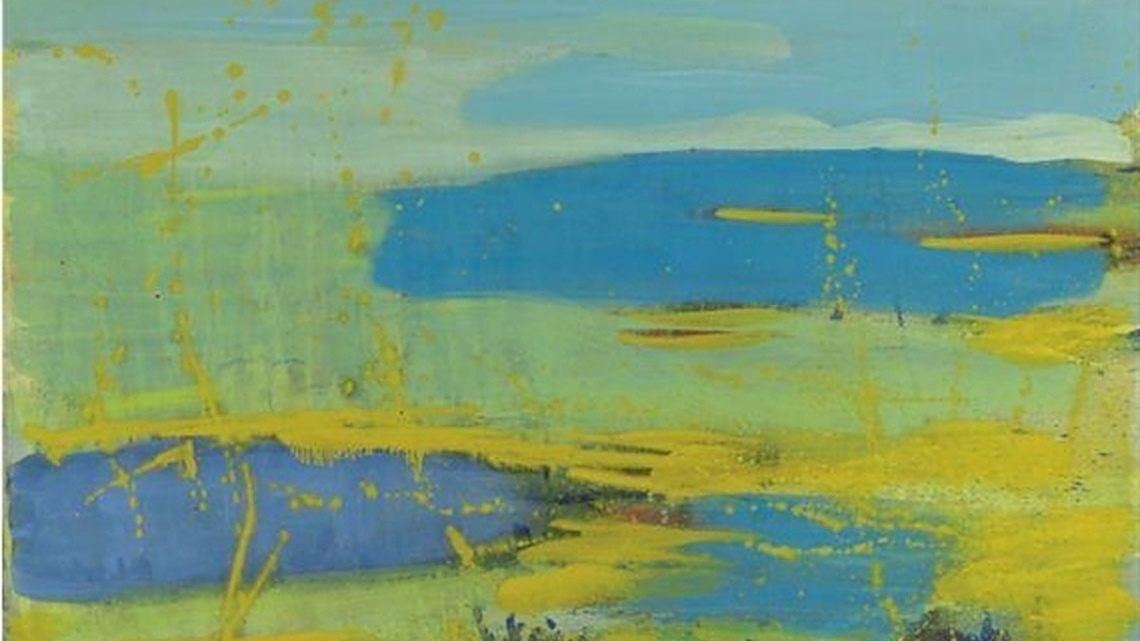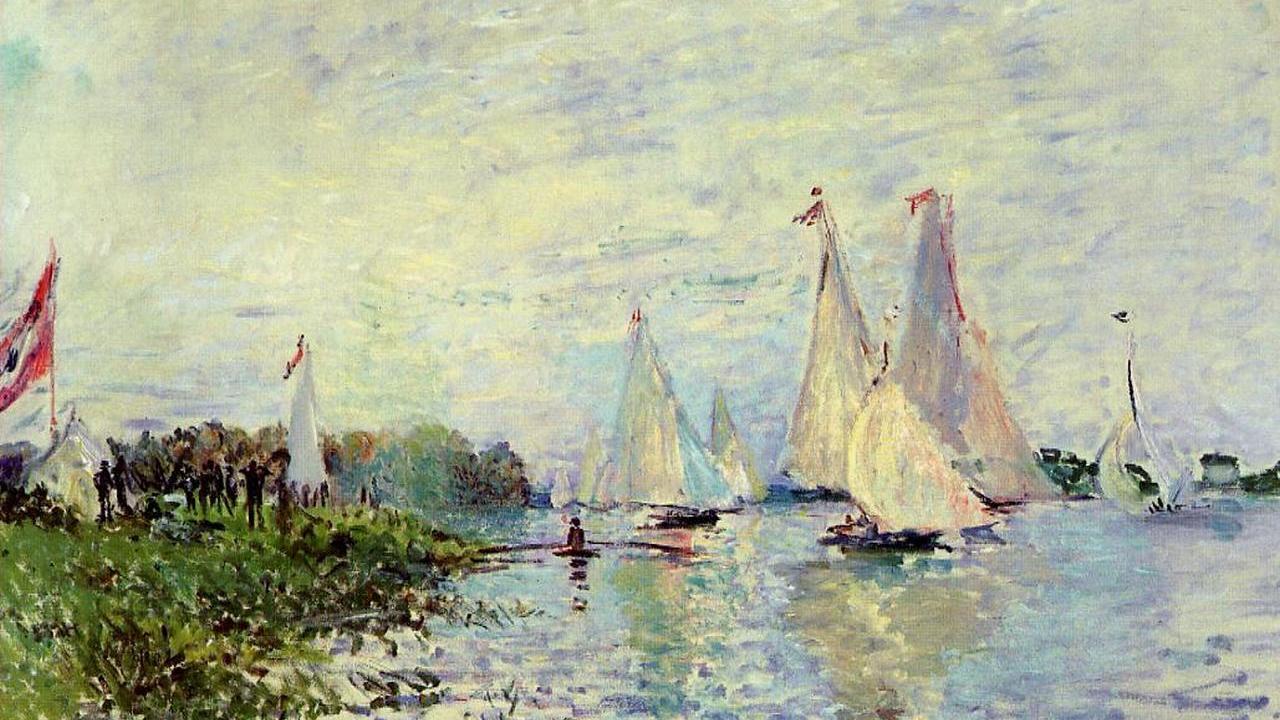Ligeti’s “Lontano”: Harmonic Alchemy
In Italian, Lontano means, “in the distance.” This is the title of a haunting orchestral dreamscape, written by the avant-garde Hungarian-Austrian composer, György Ligeti, in 1967. The piece unfolds in vast sonic waves. Tone clusters form and dissipate in a gradually shifting kaleidoscope of color. Terrifying dream images emerge and dissolve. Ligeti drew parallels between Lontano and parts of Bruckner’s majestically unfolding Eighth Symphony. In his program notes, he offered a technical description of the work’s …







